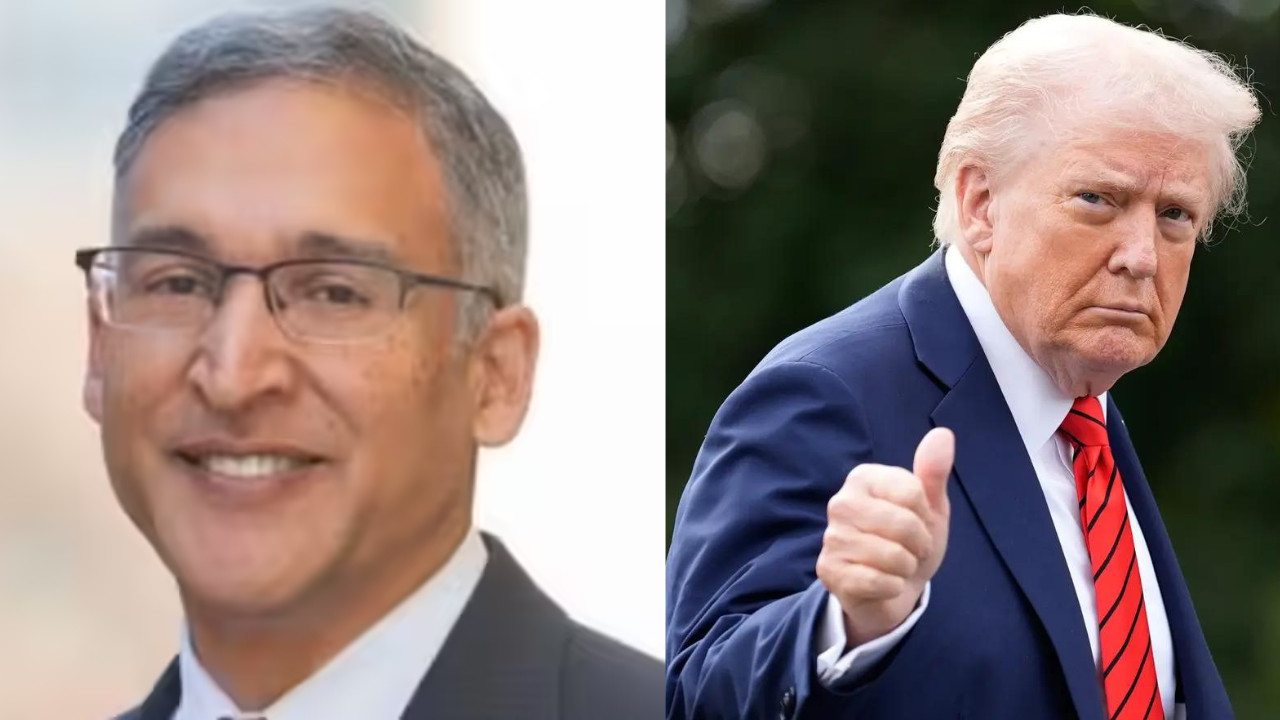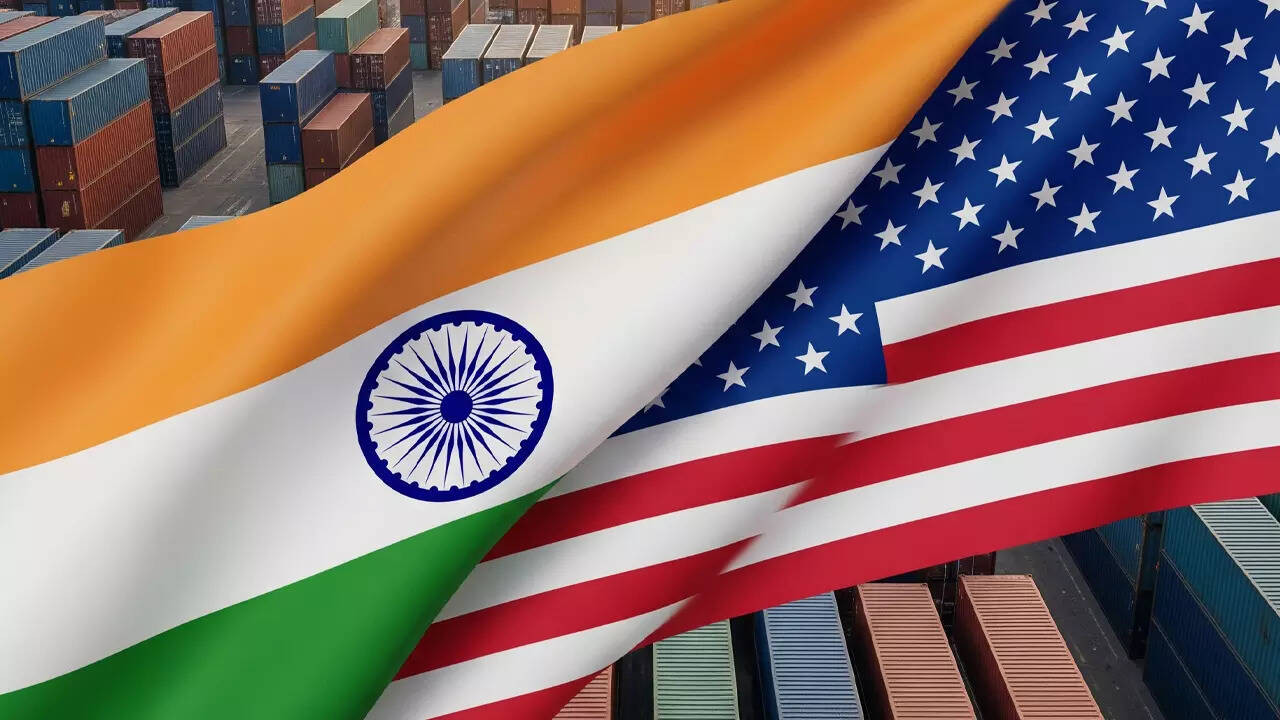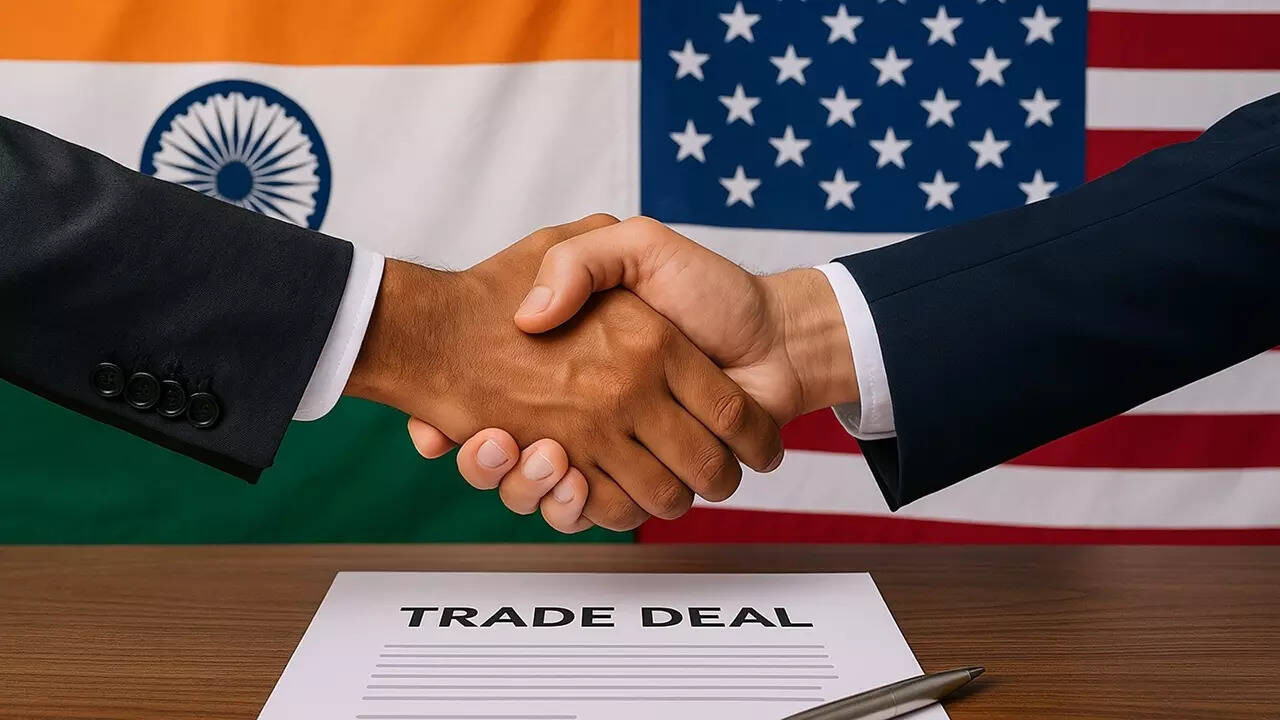Neal Katyal, an Indian-American attorney, will argue before the Supreme Court whether President Trump has the authority to impose sweeping tariffs under IEEPA. The landmark case, deemed critically important by Trump himself, centers on whether taxing power rests with Congress or the President. Katyal previously secured a win for plaintiffs in a lower court, asserting the President lacks such authority.
Will the Supreme Court Rewrite Trade Law? The Trump Tariff Case Explained
The Supreme Court is about to wade into a legal battle that could reshape how the United States handles international trade. On the docket is a case challenging the legality of tariffs imposed by the Trump administration, and the implications are far-reaching for businesses, consumers, and the very balance of power between the executive and legislative branches. Neal Katyal, a seasoned Supreme Court litigator, will be arguing against the tariffs, setting the stage for a potentially landmark decision.
The Heart of the Dispute: Section 301 Tariffs
At the center of the debate are tariffs enacted under Section 301 of the Trade Act of 1974. This law allows the President to impose tariffs or other trade restrictions to address unfair trade practices by other countries. The Trump administration used Section 301 extensively, levying tariffs on hundreds of billions of dollars worth of goods from China, ostensibly in response to concerns about intellectual property theft and forced technology transfer.
The legality of these tariffs has been questioned, with importers arguing that the administration overstepped its authority. They contend that Section 301 requires the President to seek congressional approval before imposing such broad and significant tariffs. Did the Trump administration act within the boundaries of existing law, or did it expand presidential power in a way that undermines Congress’s role in regulating international commerce? That’s the core question before the court.
Katyal’s Argument: A Challenge to Presidential Power
Neal Katyal, representing businesses challenging the tariffs, will likely argue that the President’s actions exceeded the authority granted by Section 301. He’ll probably emphasize the importance of the separation of powers, asserting that Congress holds the primary responsibility for regulating trade. Allowing the President to unilaterally impose massive tariffs, Katyal will argue, effectively circumvents Congress’s constitutional role and creates an imbalance of power.

This isn’t just about these specific tariffs; it’s about setting a precedent for future administrations. If the Supreme Court upholds the tariffs, it could embolden future presidents to use Section 301, or similar laws, to enact sweeping trade policies without congressional input.
The Government’s Defense: National Security and Trade Leverage
The government will likely defend the tariffs as a legitimate tool for protecting U.S. economic interests and national security. They may argue that Section 301 provides the President with the necessary flexibility to respond to unfair trade practices quickly and effectively. Requiring congressional approval for every tariff, the argument might go, would be too cumbersome and would undermine the President’s ability to negotiate favorable trade deals. The government will probably stress the President’s broad authority in foreign affairs and argue that tariffs are a necessary instrument for achieving trade objectives.
What’s at Stake: The Economic and Political Impact
The Supreme Court’s decision in this case could have significant economic consequences. If the tariffs are struck down, businesses that have paid them could be entitled to refunds, potentially amounting to billions of dollars. This would provide a boost to importers and could lead to lower prices for consumers. Conversely, if the tariffs are upheld, businesses will continue to bear the cost, which could lead to higher prices and reduced competitiveness. The decision will also have political ramifications, impacting the balance of power between the executive and legislative branches and shaping the future of U.S. trade policy. It’s a high-stakes showdown with potentially transformative consequences.
Learn more about the intricacies of [international trade law](link-to-related-internal-article).
The Broader Implications: A Test of Constitutional Principles
Beyond the immediate economic and political effects, this case raises fundamental questions about the separation of powers and the scope of presidential authority. The Supreme Court’s decision will provide important guidance on the limits of presidential power in the context of international trade. It could also influence how future administrations approach trade negotiations and trade disputes. Regardless of the outcome, this case serves as a reminder of the importance of checks and balances in our system of government.
The Supreme Court’s ruling on these Trump tariff policies will be a pivotal moment for international trade, impacting businesses, consumers, and the balance of power in Washington. It’s more than just a legal dispute; it’s a battle over the future of U.S. trade policy and the very structure of our government.







